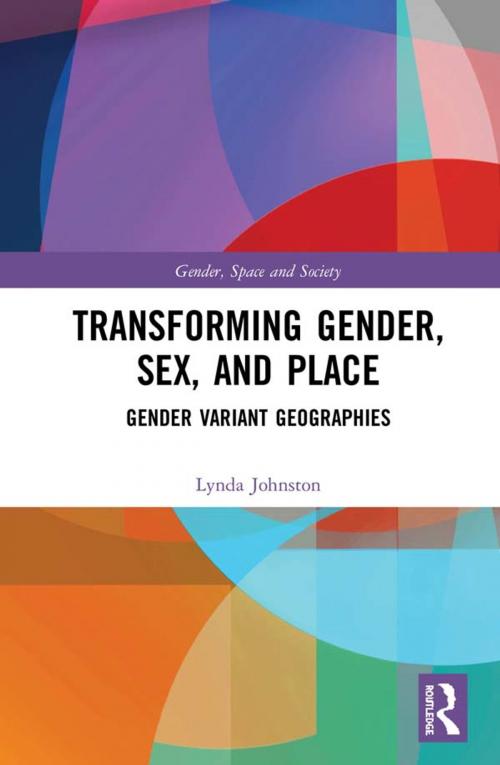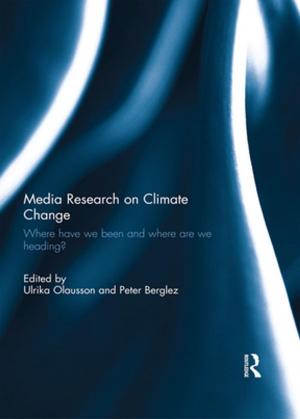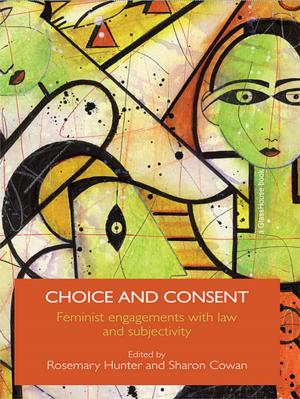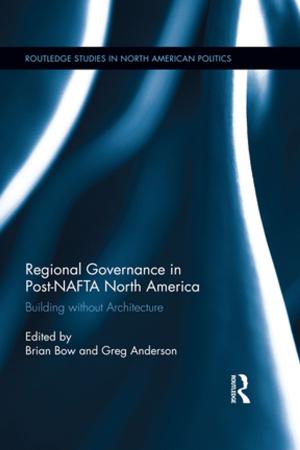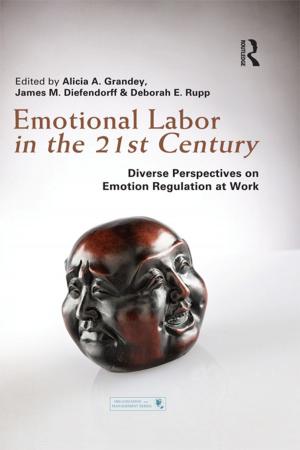Transforming Gender, Sex, and Place
Gender Variant Geographies
Nonfiction, Social & Cultural Studies, Social Science, Human Geography| Author: | Lynda Johnston | ISBN: | 9781317008255 |
| Publisher: | Taylor and Francis | Publication: | October 25, 2018 |
| Imprint: | Routledge | Language: | English |
| Author: | Lynda Johnston |
| ISBN: | 9781317008255 |
| Publisher: | Taylor and Francis |
| Publication: | October 25, 2018 |
| Imprint: | Routledge |
| Language: | English |
Transgender, gender variant and intersex people are in every sector of all societies, yet little is known about their relationship to place. Using a trans, feminist and queer geographical framework, this book invites readers to consider the complex relationship between transgender people, spaces and places.
This book addresses questions such as, how is place and space transformed by gender variant bodies, and vice versa? Where do some gender variant people feel in and / or out of place? What happens to space when binary gender is unravelled and subverted? Exploring the diverse politics of gender variant embodied experiences through interviews and community action, this book demonstrates that gendered bodies are constructed through different social, cultural and economic networks. Firsthand stories and international examples reveal how transgender people employ practices and strategies to both create and contest different places, such as: bodies; homes; bathrooms; activist spaces; workplaces; urban night spaces; nations and transnational borders.
Arguing that bodies, gender, sex and space are inextricably linked, this book brings together contemporary scholarly debates, original empirical material and popular culture to consider bodies and spaces that revolve around, and resist, binary gender. It will be a valuable resource in Geography, Gender and Sexuality studies.
Transgender, gender variant and intersex people are in every sector of all societies, yet little is known about their relationship to place. Using a trans, feminist and queer geographical framework, this book invites readers to consider the complex relationship between transgender people, spaces and places.
This book addresses questions such as, how is place and space transformed by gender variant bodies, and vice versa? Where do some gender variant people feel in and / or out of place? What happens to space when binary gender is unravelled and subverted? Exploring the diverse politics of gender variant embodied experiences through interviews and community action, this book demonstrates that gendered bodies are constructed through different social, cultural and economic networks. Firsthand stories and international examples reveal how transgender people employ practices and strategies to both create and contest different places, such as: bodies; homes; bathrooms; activist spaces; workplaces; urban night spaces; nations and transnational borders.
Arguing that bodies, gender, sex and space are inextricably linked, this book brings together contemporary scholarly debates, original empirical material and popular culture to consider bodies and spaces that revolve around, and resist, binary gender. It will be a valuable resource in Geography, Gender and Sexuality studies.
